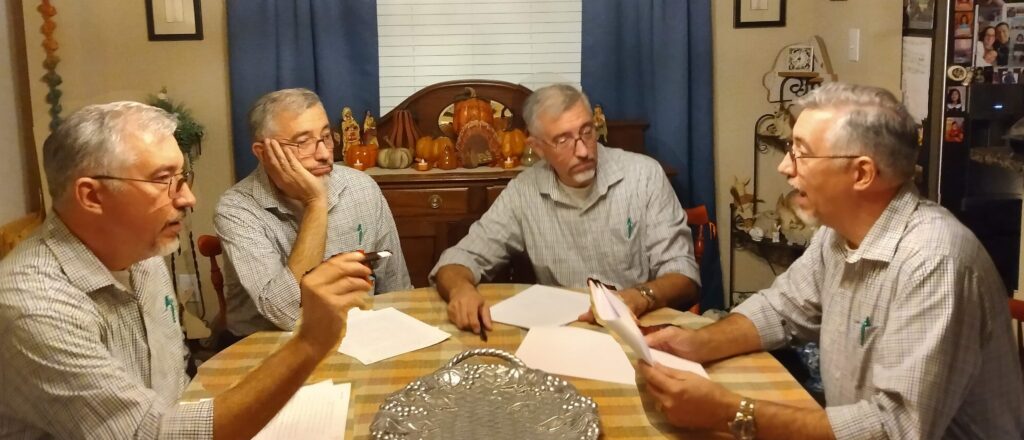In previous posts, I’ve promoted joining a critique group as a way to improve your writing. I still stand by that, but critique groups—being made up of humans—aren’t perfect. Sometimes you might have to drop out and join a new one.
Critique groups consist of writers who review and comment on each other’s work. Always voluntary, and usually free or low cost, they meet either in person or online. Through these interactions, you can learn how to improve your writing, and how to give effective critiques that help your fellow writers. Useful ideas often come from these meetings, and you’ll find yourself hearing the voices of your fellow writers as you work on your manuscripts.
Still, they can go bad. As discussed by Anne R. Allen in this informative post, there are several types of critique group members to watch out for. I’ll summarize her list and put it in my own words, but the ideas are hers.
- Perpetually Offended. These are writers who can’t look beyond their personal belief systems, whether religious, political, racial, sexual, etc. It’s one thing for them to point out a stereotyped character in your story. That’s fair, and valuable. But to tell you that your writing offended them is not helpful. You won’t receive good critiques from such people.
- Enforcers of the Old Rules. Some group members might say you can’t end a sentence with a preposition, or hit you with some other outdated rule they learned from a high school English teacher. Or they might be just plain wrong. Either way, ignore these criticisms.
- Ignorers of Group Norms. Critique groups need rules, whether written or not, and members should abide by them. How does the group get new members, or kick out a disruptive one? How long can submissions be? How are critiques offered and received? Members that violate the rules detract from the critique experience.
- Bad or Missing Group Moderator. Groups can sometimes work better with a leader, but a bad leader can ruin the experience. Anne R. Allen listed this item, but I don’t entirely agree. I’ve been a member of a leaderless critique group for twenty years. It’s small (four people), and we did once discuss having a leader, but we never chose one and haven’t suffered for it.
- Grammarians in a Gaggle. You’ll benefit from having at least one grammar expert in the group. But if that becomes the group focus, rather than plot or character or description, then you’re missing most of what critiques should be about.
- Control Freaks. Some group members might get grumpy or angry if you don’t take their advice. These folks forget whose name will go on the published story—the author’s, not the critique group members. You are free to take or reject any advice from any group member, and their inability to accept that is their problem.
- Pollyannas. One or more members might give you only praise—nothing negative. A good critique should have positive and negative elements. We feel good when others like our work, but if they don’t point out the bad parts, they’re not helping you.
- Re-writers. These folks think they have a better idea for your whole story concept, and it sounds like something they’d write. Listen to their advice in case it contains a useful nugget, but otherwise ignore them.
- Self-Proclaimed Experts. Some people sound authoritative and spew false assertions with utter confidence. You’ll probably believe them the first time, but after a fact-check proves them wrong, you should doubt their advice after that.
- Initiation Shamans. On occasion a group includes someone who makes things tough on newcomers. Their scorching critiques are enough to make a newbie quit the first day.
Got enough of these types in your critique group? Quit and find (or form) a better one. No need to remain part of a group that’s not helping you.
Also, (need I say it?) you should avoid exhibiting the above behaviors yourself. I’ve probably hit about half of them at some point, so don’t join any group that includes—
Poseidon’s Scribe

